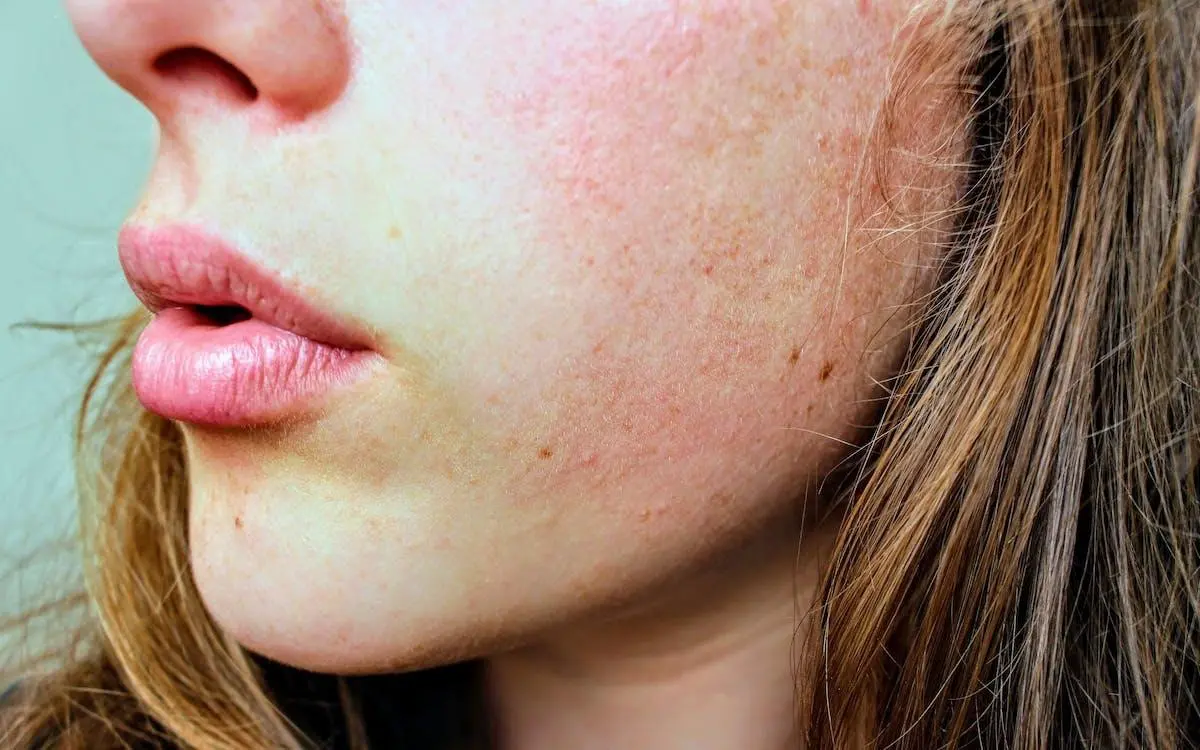
Did you know that psoriasis affects over 7.5 million US citizens annually? Psoriasis is a complex skin condition resulting in the formation of thick, red, or silver scaly patches on the skin. This genetic skin disease affects people with an overactive immune system.
Here's What Happens: Typically, your immune system is supposed to destroy foreign cells (bacteria and viruses) to keep you healthy. However, the immune system of people with psoriasis mistakes some healthy cells as foreign invaders and kills them, resulting in swelling, inflammation, and rashes.
While it usually takes 30 days to develop new cells, an overactive immune system speeds up the process to 3 to 5 days. The rapid turnover of new cells replacing old ones leads to the formation of scales and frequent shedding of the skin, occurring atop skin plaques. Read on to learn more about Psoriasis Arthritis, a chronic disease that can affect your physical well-being.
Causes and Triggers of Psoriasis
Although the exact cause of psoriasis is still unknown, the multifactorial disease is believed to be influenced by genetic predisposition and environmental factors. Simply put, psoriasis is often inherited from family members. Some triggers of psoriasis include:
- Cold
- dry weather
- Skin injuries such as burns and cuts.
- Medications comprise beta-blockers, antimalarial drugs, and lithium.
Symptoms of Psoriasis
While skin plaques or rashes on the face, palm, feet, lower back, toenails, fingernails, scalp, knees, and elbows are the most common symptoms of psoriasis, other signs include:
- Skin pain
- Joint pain
- Discoloration, crumbling, or pitting of nails.
- Itchy skin.
- Dry and cracked skin.
The table below shows the characteristics of different types of psoriasis.
| Type of Psoriasis | Characteristics |
| Plaque Psoriasis | This is the most common type, characterized by raised, red patches with silvery scales. |
| Guttate Psoriasis | It appears as small, dot-like lesions and is often triggered by bacterial infections like strep throat. |
| Pustular Psoriasis | Pus-filled blisters characterize this form and can be localized or generalized. |
| Inverse Psoriasis | Occurs in skin folds (such as under the breasts, armpits, or groin) and is characterized by smooth, red lesions. |
| Erythrodermic Psoriasis | A rare but severe type, leading to widespread redness and shedding of the skin's surface. |
Note: No matter how tempted you are, never scratch the plaque, as it can break open the skin, leading to a painful infection.
Psoriasis | Treatment Options
Over the years, extensive research has been conducted to identify effective treatments for psoriasis, relieving patients from symptoms and helping them manage their condition more effectively. The most prominent treatment approaches for psoriasis are listed below:
Topical Treatments
Topical treatments are often the first line of defense against mild to moderate psoriasis and are applied directly to the affected skin. Some of the common topical medications include:
- Corticosteroids: These anti-inflammatory agents help reduce redness, itching, and inflammation associated with psoriasis. Research published in the Journal of Dermatological Treatment demonstrated the efficacy of topical corticosteroids in providing rapid relief from symptoms and improving the overall condition of patients with psoriasis.
- Vitamin D Analogs: Topical preparations containing synthetic forms of vitamin D have been shown to slow down skin cell growth and reduce scaling. A study published in the Journal of the American Academy of Dermatology revealed that vitamin D analogs effectively managed mild to moderate psoriasis with minimal side effects.
- Topical Retinoids: Derived from vitamin A, retinoids help in normalizing skin cell growth. Research conducted by the Cochrane Database of Systematic Reviews indicated that topical retinoids significantly improved psoriasis symptoms.
- Steroid Creams: Applying steroid creams can ease redness and swelling and slow the progression of the immune cells.
Phototherapy
Phototherapy involves exposing the affected skin to controlled amounts of natural or artificial ultraviolet (UV) light. Two common types of phototherapy used for psoriasis treatment are UVB and PUVA:
- UVB Phototherapy: Ultraviolet B (UVB) light has been proven effective in slowing down the rapid skin cell growth seen in psoriasis. Research published in JAMA Dermatology highlighted that UVB phototherapy is well-tolerated and induces remission in many patients.
- PUVA Therapy: PUVA combines photosensitizing medication (psoralen) with UVA light exposure. A study published in the Journal of the European Academy of Dermatology and Venereology found PUVA therapy to be beneficial in treating severe psoriasis, with significant improvements in symptoms and quality of life.
Systemic Medications
For moderate to severe psoriasis cases that do not respond to topical treatments or phototherapy, systemic medications may be prescribed. These medications work internally to target the underlying immune response causing psoriasis. Common systemic treatments include:
- Methotrexate: This immunosuppressive drug has been shown to slow down skin cell growth and reduce inflammation. According to the American Academy of Dermatology, methotrexate can significantly improve the quality of life of people with psoriasis.
- Biologics: Biologic drugs are specifically designed to target specific immune system components involved in psoriasis. A systematic review published in the International Journal of Molecular Sciences emphasized the efficacy and safety of biologics in treating psoriasis, with impressive results in symptom improvement and disease management.
Living with Psoriasis | Management Tips
Living with psoriasis can be challenging, but adopting certain lifestyle changes can help individuals manage the condition and improve their quality of life.
- Moisturize Regularly: Keeping the skin hydrated with moisturizers can help reduce dryness and scaling.
- Avoid Triggers: Identify and avoid triggers that exacerbate your psoriasis, such as stress, infections, or certain medications.
- Sun Protection: While controlled exposure to sunlight can be beneficial, excessive sun exposure can trigger flare-ups. Use sunscreen and protective clothing when spending time outdoors.
- Healthy Diet: A well-balanced diet rich in fruits, vegetables, healthy oils, seeds, nuts, and omega-3 fatty acids may help reduce inflammation and support overall health.
- Manage Stress: Practice stress-reduction techniques like yoga, meditation, or hobbies to manage emotional stress, which can impact psoriasis symptoms.
- Exercise Daily: Physical activity keeps tendons and joints loose, helps in reducing inflammation, and improves muscle strength. The best exercise for people with psoriasis includes tai chi, yoga, swimming, water aerobics, cycling, and walking.
- Regular Check-ups: Schedule regular visits with a dermatologist to monitor your condition, adjust treatments as needed, and address any concerns.
Take Charge of Your Psoriasis Journey with Suncoast Skin Solutions
At Suncoast Skin Solutions, we understand that living with psoriasis can be overwhelming. Our highly experienced dermatologists are committed to providing you with the best treatment to reduce flare-ups, improve skin health, and boost your overall well-being. Our specialists will work closely with you to understand your unique needs, offer personalized treatment plans, and guide you through the journey to better skin health.
Our comprehensive approach includes exploring the latest treatment options, including topical solutions, cutting-edge phototherapy, and innovative systemic medications. Together, we'll find the most suitable combination to address your specific condition. Don't let Psoriasis Arthritis hold you back from living the best of your life; contact us to schedule an appointment with the best dermatologist in Florida.

Recent Comments